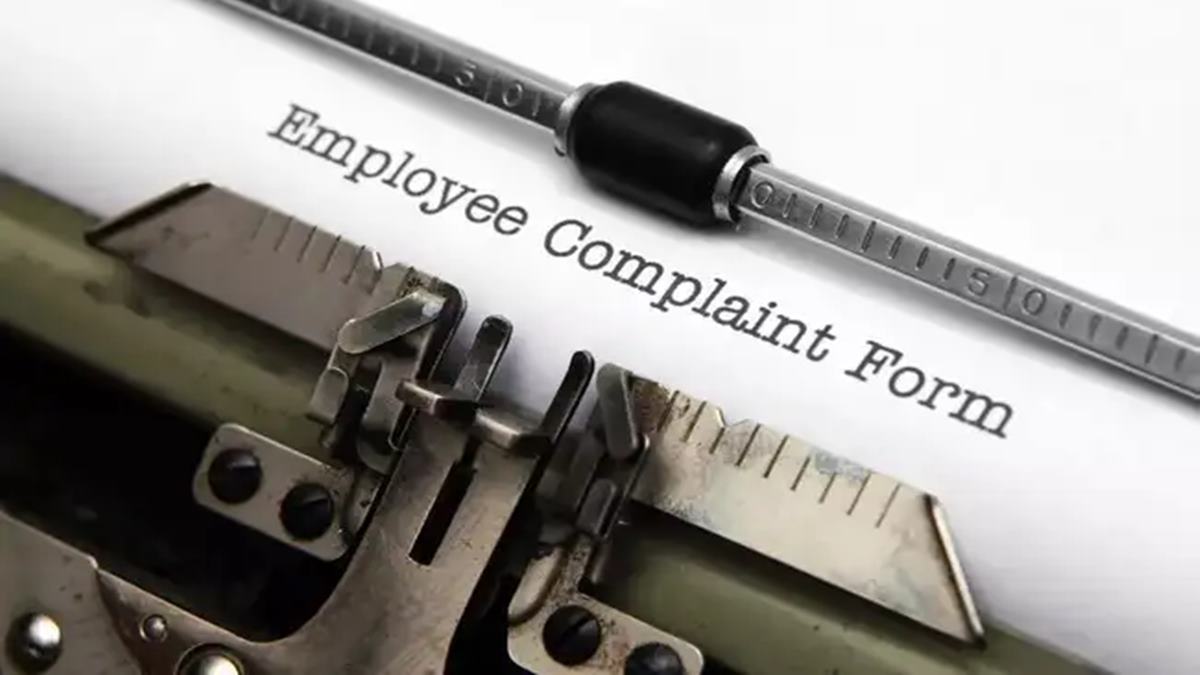An interview is more than just asking questions – it’s an art form that requires skill, intuition, and experience. A good interviewer creates a space in which candidates feel comfortable enough to reveal their true selves. The interviewer can then assess not only their skills and experience but also their potential fit for the role and the organisation.
Hiring the wrong candidate can cost the business time, money, morale and even reputation. Hiring the right candidate can elevate the team and support business growth. Tracey Beveridge, HR Director at Personnel Checks, knows how to spot the warning signs that could signal future challenges. Here she guides us through her top five interview red flags:
1. Lack of Preparation or Knowledge About the Company
It takes very little time or effort to do some research. If a candidate appears not to know even basic details about your company or why they want the role this could suggest a lack of interest or initiative.
Watch For:
- Vague or generic answers about why they applied
- No familiarity with the company’s mission, values or recent projects
- Not asking insightful questions about the role or organisation
Why It Matters: A lack of interest during the interview often translates into poor performance once in the role.
2. Asking About Salary & Benefits Too Early
Of course, compensation is important, but raising it too early in the conversation, or making it a focus could indicate a candidate more interested in what they can gain, than what they can contribute.
Watch For:
- Questions about salary and perks dominating their responses
- Lack of interest in responsibilities or the team
Why It Matters: Candidates who only prioritise compensation may lack long-term commitment or alignment with organisational goals.
3. Inconsistent or Vague Responses
Candidates who can’t back up their claims with specific examples or contradict themselves may be hiding something or lack clarity about their experience.
Watch For:
- Contradictions between what their CV says and what they say
- Hesitation when asked for examples of achievements
- Overgeneralised statements such as “I’m a very hard worker”
Why It Matters: Inconsistent or vague responses could indicate a lack of honesty on their CV or poor communication skills.
4. Negative Attitude Towards Past Employers
Many candidates will have faced challenges with past employers. How they frame those experiences shows their professionalism and attitude.
Watch For:
- Blaming others for past failures
- Being over-critical of former employers or colleagues
- A generally negative tone when discussing previous roles
Why It Matters: A candidate who focuses on the negatives may bring that attitude into your organisation and impact team morale.
5. Poor Non-Verbal Communication
Non-verbal cues can reveal volumes. Signs such as poor eye contact, slouching or appearing disengaged can indicate a lack of interest or poor interpersonal skills.
Watch For:
- Minimal eye contact
- Excessive fidgeting
- Lack of engagement with the interview process
Source – https://www.londondaily.news/hr-expert-reveals-what-employers-look-out-for-in-job-interviews/




















